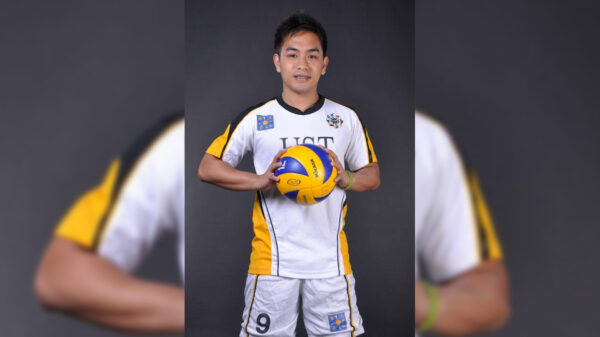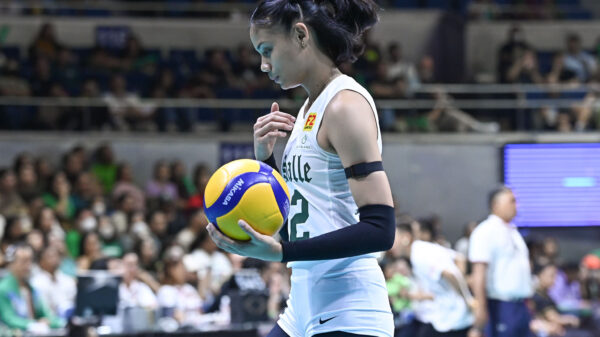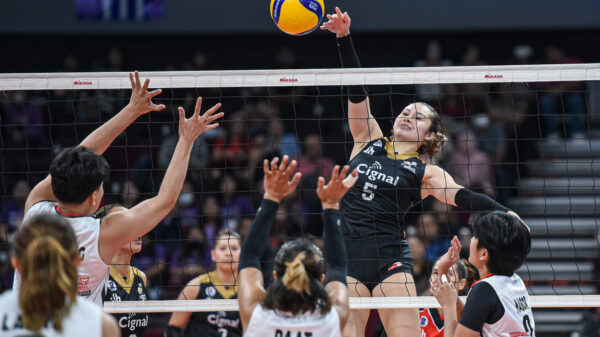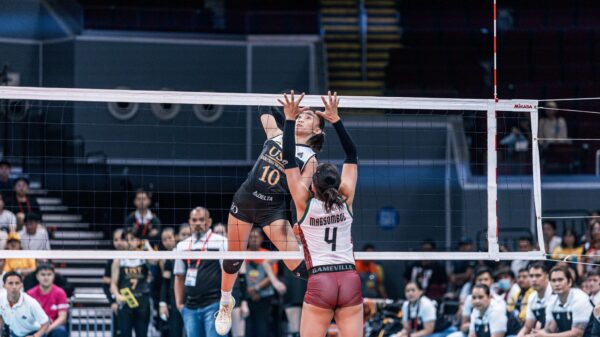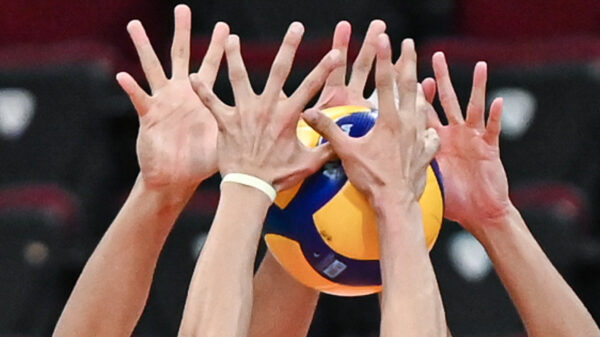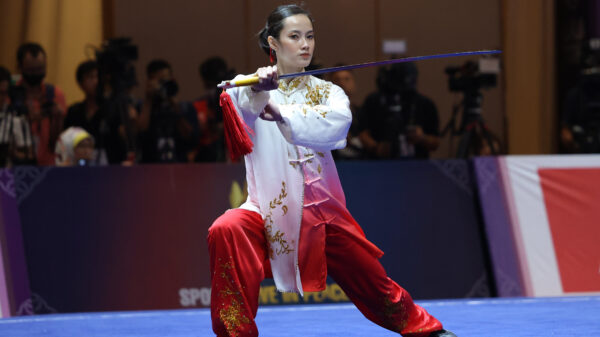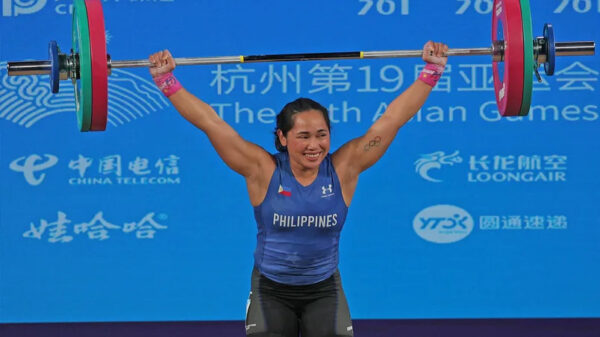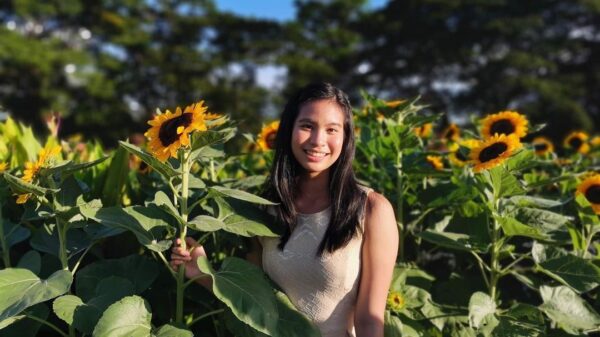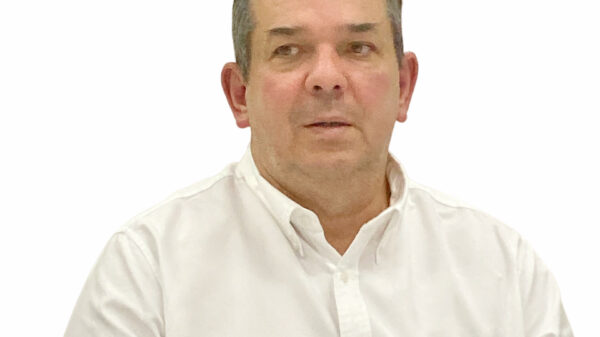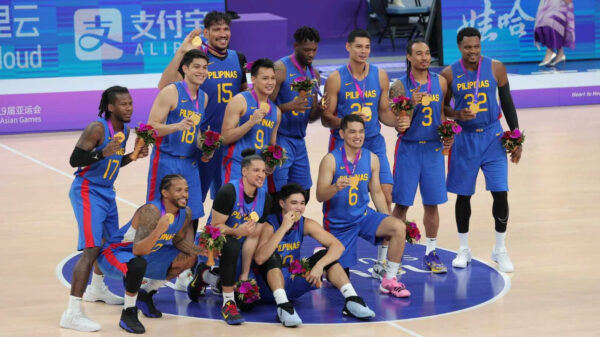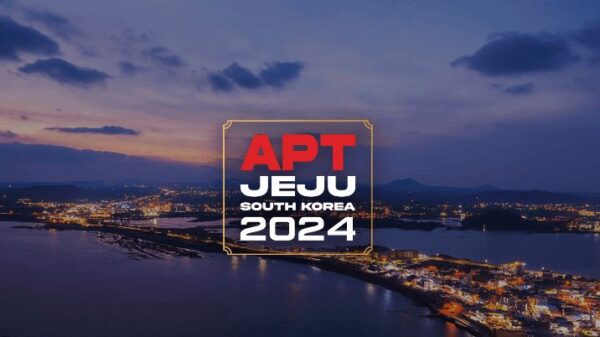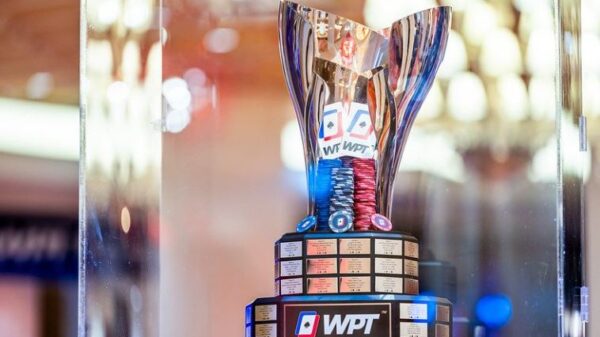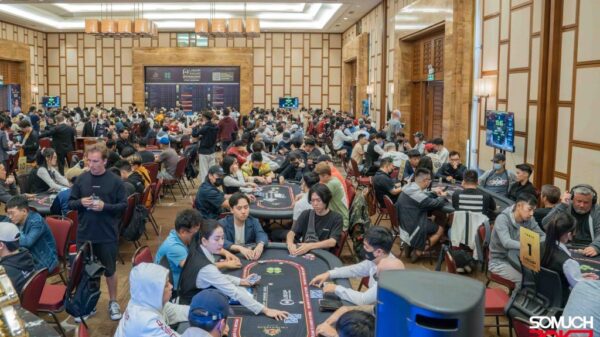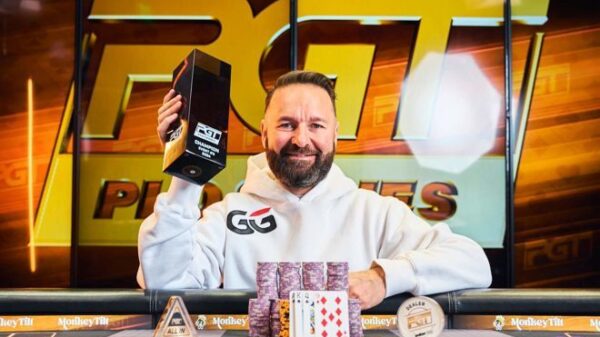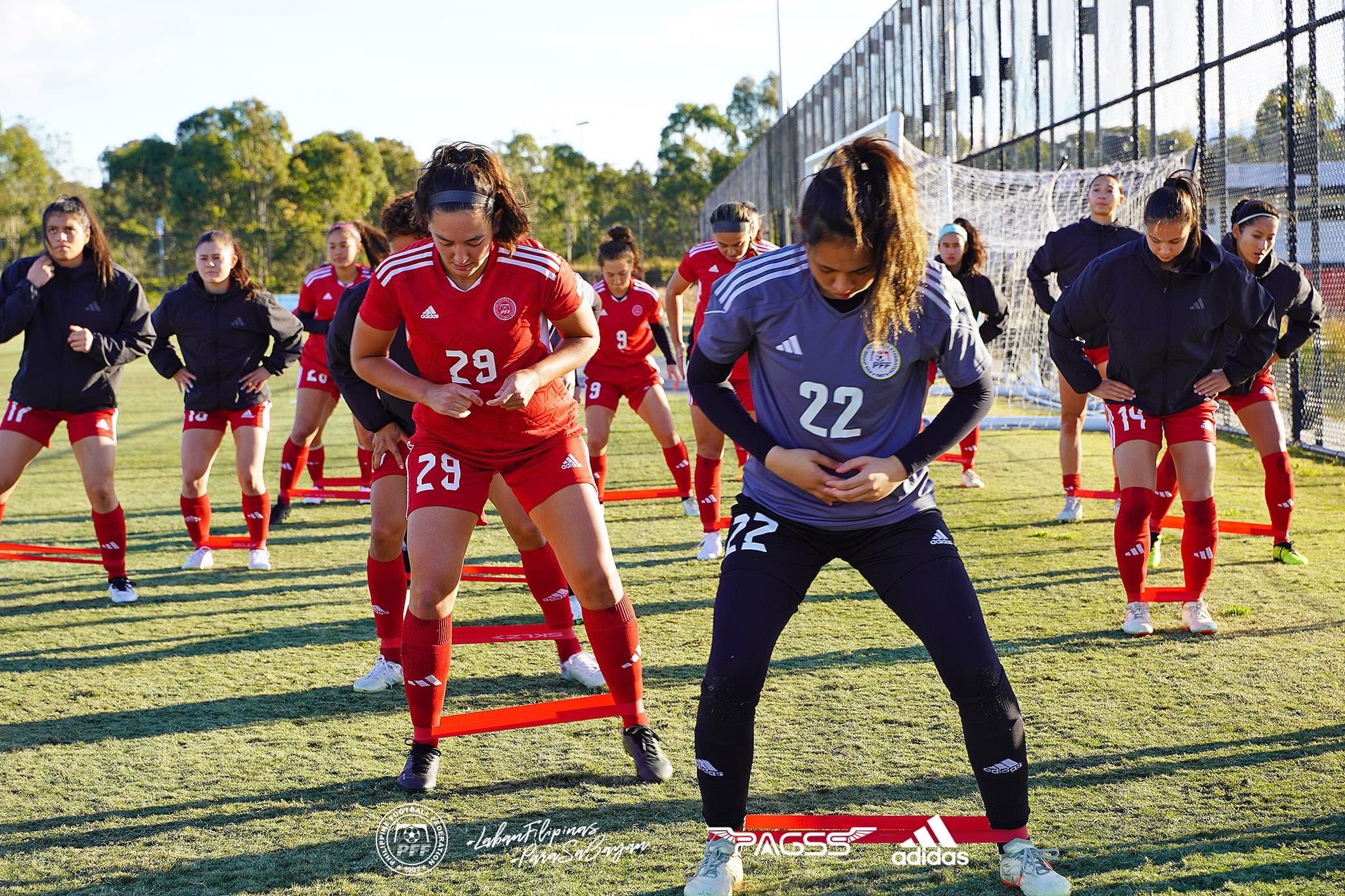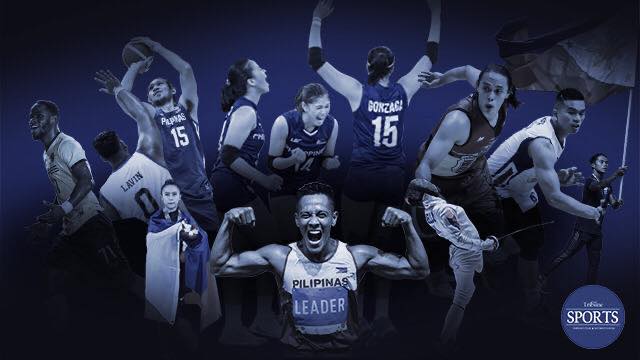Assembling the final roster of the national women’s football team that will compete in the FIFA Women’s World Cup 2023 wasn’t easy.
Filipinas head coach Alen Stajcic admitted that he had a hard time forming the 23-woman squad after they underwent rigid training in preparation for the prestigious 32-nation event that will be held from 20 July to 20 August in Australia and New Zealand.
Bannering the squad are skippers Tahnai Anis and Hali Long together with superstars like Sarina Bolden and Anicka Castañeda with Olivia McDaniel, Kiarra Fontanilla and Kaiya Jota manning the goal.
Also in the roster are defenders Alicia Barker, Angela Beard, Reina Bonta, Malea Cesar, Jessika Cowart, Sofia Harrison and Dominique Randle as well as midfielders Ryley Bugay, Sara Eggesvik, Quinley Quezada and Jaclyn Sawicki.
Forwards Isabella Flanigan, Carleigh Frilles, Katrina Guillou, Chandler McDaniel and Meryll Serrano round out the roster while Inna Palacios, Maya Alcantara and Isabella Pasion will serve as reserves.
“Over the last 18 months, we have given a lot of players their opportunity and grown the depth of this squad to a substantial level,” Stajcic said.
“In a positive way, we’ve got such a pool of players that made the final 23 (selection) even more difficult than I thought it would be.”
“It was such an extremely tough choice, but these players were ultimately the ones who put their hands up and impressed the most in recent times and based on their current form. They are the ones that my coaching staff and myself think will represent the Filipinas the best and gives us the best possible chance to perform at our peak in the World Cup.”
The Filipinas have been working hard since making it to the World Cup following a semifinal finish in the 2022 AFC Women’s Asian Cup.
They played 39 friendly matches against the likes of Costa Rica, New Zealand, Chile, Papua New Guinea, Fiji, Scotland, Wales and Iceland in just one year.
Now, the Filipinas are in New Zealand in preparation for their first match against Switzerland at the Forsyth Barr Stadium in Dunedin on 21 July.
Then, they will face the host country at the Wellington Regional Stadium on 25 July before battling Norway on 30 July at the Eden Park in Auckland.
Only the top two teams from each group will advance to the knockout stages and Stajcic knows that the battle will not be easy.
“Obviously we’re the underdog and everyone knows we’re the underdog in the group. So, everything’s going to be tough for us,” Stajcic, the former head coach of Australia, said.
“Every time we go on the pitch we’ll be the underdog, regardless of what’s happened in the game before. Success for me will be for the players to walk on the pitch on any given day and know that they are in with a chance of winning the game.”

